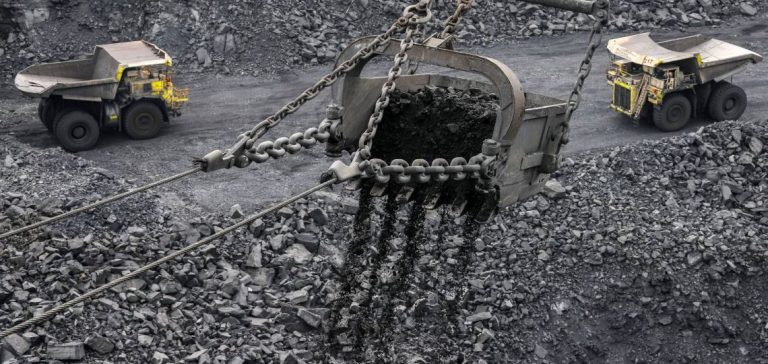Russia seeks to increase its coal exports to India to meet the country’s growing energy demand. This strategy is set against a backdrop where economic relations with Europe have deteriorated since the onset of the conflict in Ukraine. In 2023, Russian thermal coal exports to India reached 26.2 million tons, compared to 20 million tons in 2022, marking a significant increase despite restrictions imposed by the West.
India, producing approximately one billion tons of coal per year, continues to turn to imports to satisfy its energy consumption. In 2023, it imported around 176 million tons of coal, a significant portion of which comes from Russia. This growing dependence on Russian imports reflects a 12 % increase in coal production in India, reaching a record level in response to the country’s rising electricity demand.
Russian Strategy and Market Diversification
Russia has repositioned its energy export strategy by focusing more on Asian markets. China remains the primary client for Russian coal, although its growth is more moderate. Moscow expects India to surpass China as Russia’s main coal importer by the early next decade, as Beijing gradually seeks to reduce its dependence on coal for energy production.
Obstacles to Russia-India Energy Cooperation
However, energy cooperation between Russia and India is not without obstacles. New Delhi’s caution regarding Western sanctions is evident. For example, India recently refused to purchase liquefied natural gas (LNG) from the Arctic LNG 2 project, due to sanctions targeting this specific project. This reluctance underscores the limitations of Russian expansion into the Indian market, despite the close commercial and political relations between the two countries.
Focus on Coal as a Less Exposed Product
In this context, Russia’s strategy focuses on increasing coal exports, which are less exposed to international restrictions compared to its other energy products like oil and gas. Russia’s Deputy Prime Minister, Alexander Novak, stated that Russian coal companies possess the necessary resources to expand their presence in the Indian market, which is perceived as being in full growth.
This approach allows Russia to maintain an essential revenue source during sanctions while meeting India’s energy demand. Diversifying commercial partners is a strategic response to mitigate the impacts of current geopolitical tensions.
Future Perspectives and Impact on the Energy Market
In the long term, this dynamic could redefine global energy trade flows. India, by strengthening its ties with Russia in the coal sector, could influence trends in the Asian energy market. Meanwhile, Russia, by consolidating its position in this market, could mitigate some of the negative effects of Western sanctions on its economy.
The increase in coal exports to India represents a strategic adaptation by Russia in the face of challenges posed by international sanctions. This development underscores the importance of Asia as a key market for Russian exporters and could have significant repercussions on the global energy landscape in the coming years.






















